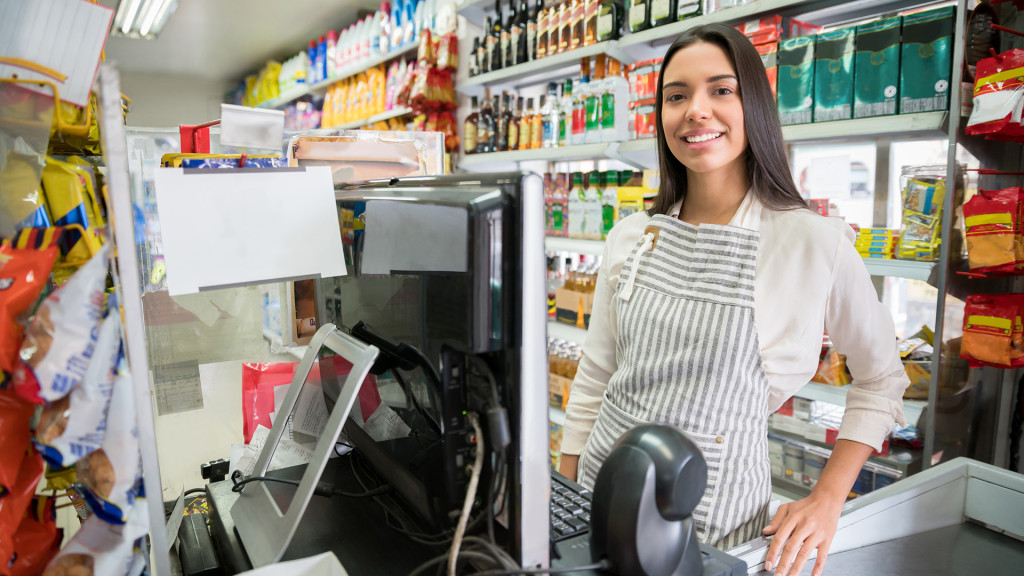There’s the saying that “If you’re going to talk the talk, you better walk the walk.” Unfortunately as it relates to healthcare equality, especially in light of COVID-19, there has been far too much talk and far too little walk. The suffering of our most vulnerable and underserved communities has risen to a whole new level. For those who already had an uphill battle against food disparity, poor nutrition, high risk for chronic illness, lack of education, and lack of adequate healthcare, they are now facing COVID-19 with very limited resources to protect themselves and the ones they love.
There are substantial and extensive facts that back up the claim that black and other non-white communities have faced significantly worse economic and health effects related to the coronavirus than white communities. USA Today states that data on the race of COVID-19 victims shows that non-white populations have died at disproportionately higher rates than white populations in nearly every state. Additionally, counties with the highest COVID-19 mortality rates consistently have disproportionately larger non-white populations.
It’s time for something to change, and that time is now. In order to solve healthcare inequality and reach the vulnerable and underserved communities, we can’t expect them to know where to look for help. Help needs to come to them. This belief has been a pillar to Latino Connection’s mission since its inception back in 2014.
In response to COVID-19, Latino Connection has spent the last two months partnering with community organizations across Pennsylvania to meet people at local corner stores and bodegas to hand out essential items like toilet paper and hand sanitizer when often these were unattainable anywhere else. A New York Times article emphasized that now more than ever these corner stores are the lifeblood of the communities they serve.
Now that toilet paper is making its way back on shelves, a more looming crisis is emerging. How can our underserved communities receive proper COVID-19 testing and education? And how can that solution meet people where they are? This movement needs to have wheels, literally. The Latino Connection has again forged partnerships, this time with the Pennsylvania Department of Health and Highmark Blue Shield, to breathe life into CATE. CATE is a COVID-19 mobile response unit standing for “Community-Accessible Testing & Education” and is set to make upwards of 30 stop across the Commonwealth in the next two months focusing on the most vulnerable and underserved counties.
And this is only the beginning of what could become a widespread movement of repurposing existing mobile units to function as COVID-19 testing and educational resource centers. But here’s the most important part – it’s completely free and does not require health insurance.
While this is only a single step toward closing the divides that exist in underserved communities, including healthcare, education, and technology, it’s a least a step in the direction of meeting people where they are and making healthcare accessible and affordable. And if it saves even just one life, then it has succeeded immeasurably.
I am so grateful to the PA Department of Health and Highmark Blue Shield for sharing my vision and passion for putting words into action and best intentions into movement so that we can provide healthcare and health education to those who need it the most. We can say we’re all in this together, but until our actions reflect our words, those who have been impacted the most by COVID-19 will continue to live at a disadvantage.
